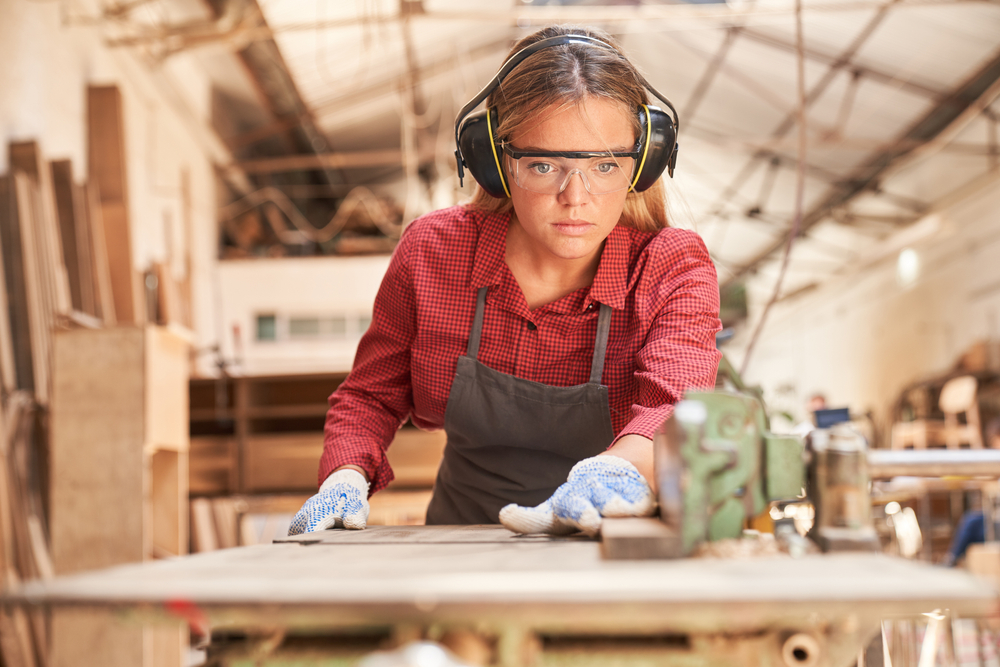
Whether you’re going to concerts, at work, or doing some yard work, hearing protection is crucial in keeping your ears safe against hazardous noise levels. However, you could be left exposed to potential risks if any one of several possible factors interferes with your hearing protection’s effectiveness. In order to understand and successfully maximize the benefits of your ear protection, it’s essential to understand these issues.
Why hearing protection fails: common circumstances
Unexpected difficulties will occur even when you observe best practices. You wear your earmuffs diligently at work, wear earplugs at concerts, and avoid noisy situations whenever you can. However, the efficiency of your hearing protection can be decreased by certain variables. Luckily, by acknowledging these common pitfalls, you can make informed adjustments to ensure your hearing is always well-protected.
1. Choosing the wrong hearing protection for the situation
Hearing protection isn’t one-size-fits-all, and selecting the wrong type for a given environment can reduce its effectiveness.
There are generally two primary categories of hearing protection:
- Earmuffs: Bigger, headphone-like device that goes over the whole ear.
- Earplugs: Small foam or rubber plugs that insert securely into the ear canal.
There is an optimal type for each situation:
- Earplugs are suitable for environments with continual noise levels, like factory floors or airplane cabins.
- Earmuffs are better for settings with periodic noise, such as a construction site where machinery starts and stops constantly.
Earmuffs are easier to deal with when there is a need to frequently put on and remove your hearing protection. Disposable earplugs, in contrast, can leave you susceptible to hearing damage because they can be easily misplaced. Picking the right hearing protection for your needs is the first step toward safeguarding your hearing effectively.
2. Fit and function are affected by anatomy
Some devices will fit better than others based on the size and shape of the person’s ears. An average sized ear is what standard earplugs and earmuffs are designed for, but a more individualized solution might be necessary for your ear’s anatomy.
- Smaller ear canals: The noise-blocking capability of standard-sized earplugs might not be effective if narrower ear canals prevent the formation of a proper seal.
- Larger ear structures: Oversized ears can make earmuffs uncomfortable, causing gaps in the seal that allow noise to enter.
If your hearing protection isn’t fitting correctly, you may become discouraged and choose to quit using them altogether which can endanger your hearing. If you spend significant time in loud settings, think about investing in custom-molded earplugs or professionally fitted earmuffs. Deciding to go with a more customized approach will offer you greater comfort and effectiveness, keeping your hearing safe in any situation.
3. Failing to maintain or replace ear protection
In order to remain effective, hearing protection devices need to be correctly maintained just like any other devices do. Wear and tear, improper cleaning, and disregarding replacement schedules can all compromise their ability to protect your ears.
Here’s how to take care of your hearing protection:
- Check for Damage: Frequently inspect the elastic band on earmuffs. A slack or stretched band can decrease their snug fit, lowering their noise-blocking ability.
- Replace Cushions: Over time, earmuff cushions can lose their flexibility. Replace them when necessary to maintain a tight seal.
- Clean Properly: Debris and earwax can build up on your hearing protection over time. In order to safely and effectively clean your earplugs or earmuffs, consult the manufacturer-recommended cleaning guidelines.
Your hearing protection will be less effective and potentially unusable if you disregard these simple maintenance tasks. In order to ensure reliable and efficient performance, and to extend their lifespan, it’s crucial to keep these routine maintenance schedules.
The advantage of a hearing specialist
Make an appointment with us for a consultation if you think that your ear protection may not be doing the job. After checking your devices, we can help you with a customized solution that will work best for you.
Keeping your hearing safe is a commitment that lasts a lifetime and it’s crucial that you do it with the right tools. By addressing these common challenges, you can confidently safeguard your ears from damaging noise and preserve your hearing for years to come.